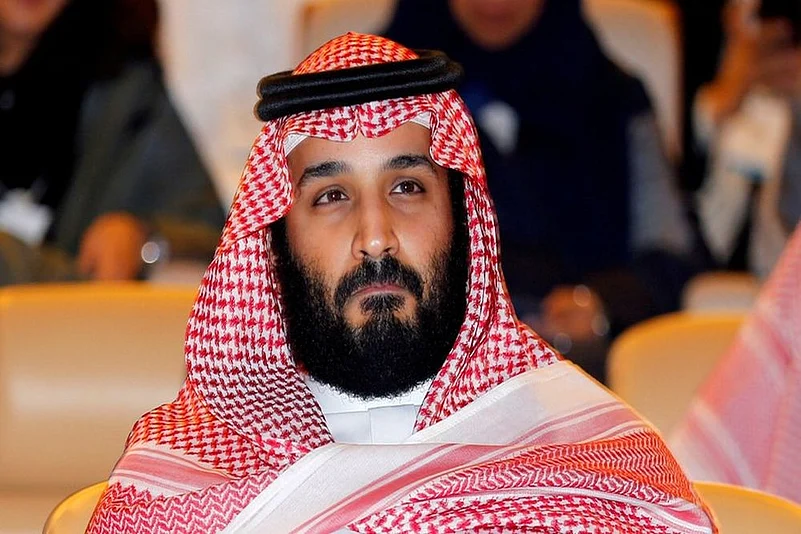It was the Western countries that asked Saudi Arabia to accelerate the spread of Wahabism, the virulent form of Islam accused of being the fountainhead of global terrorism, across the world to counter the Soviet Union during the Cold War, Crown Prince Mohammed bin Salman told the Washington Post in an interview.
Mohammed told the paper that Saudi's Western allies urged the country to bankroll the construction of mosques and madrassas in overseas to stop spread of Communism.
“Investments in mosques and madrassas overseas were rooted in the Cold War, when allies asked Saudi Arabia to use its resources to prevent inroads in Muslim countries by the Soviet Union,” he told the paper in the interview that was initially off the record.
According to WaPo, the meeting, conducted in English, was held off the record. Later the Saudi Embassy allowed to use portions for the article.
“Funding now comes largely from Saudi-based “foundations,” he said, rather than from the government.
India has been at the receiving end of Wahabism, which is considered as the most stringent and often the virulent form of Islam giving rise to religious fundamentalism inside its terrority and neigbouring Pakistan.
At the peak of Cold War, which coincided with the 1971 India-Pakistan war resulting in the liberation of Bangladesh, Saudi Arabia gave a loan of $20 million to Pakistan.
“Pakistan’s President Zulfikar Ali Bhutto, who took over after the surrender of his country’s armed forces, went on a ‘journey of resistance’ to Muslim countries seeking money to build an ‘Islamic bomb’. The Saudis responded handsomely and later in 1974 Bhutto hosted the second summit of the OIC (Organisation of Islamic Cooperation). The Wahhabisation of Pakistan would begin soon afterwards during the rule of Zia ul-Haq. The Saudis now concentrated their attention on the education system by funding madrasas and universities”.
Western countries, particularly the colonial Britian, is guilty of pushing Pakistan towards Wahabism of Saudi-funded Deobandi madrasas that reduced the hold of Sufi Islam in south Punjab.
Ayesha Siddiqa in her essay ‘Pakistani Madrasas’ points out that “Saudi-Pakistan relations go back to the 1950s when, prodded by Britain, Pakistan drew closer to Saudi Arabia. However, religion did not play an important role then. Jinnah was seen in Saudi Arabia as an “English-speaking orientalist” with his Parsee wife. It was geopolitical interest, specifically the need to counter Soviet influence and Nasser’s pan-Arabism, that prompted Saudi Arabia to grow closer to Pakistan.
“The 1960s saw the start of large-scale Pakistani migration to the Gulf. Saudi-funded Deobandi madrasas reduced the hold of Sufi Islam in south Punjab. The Pakistan government does not have reliable statistics on the number of madrasas in the country; different agencies give different figures. Nor is there good information on the flow of money from Saudi Arabia.
However, the wake-up call came in the form of 9/11 attacks in the US that compelled the world to take note of the harm that the madrasas could do by encouraging extremism and violence.
Antonio Guistozzi, a Visiting Professor in the Department of War Studies in London School of Economics specialising in Afghanistan, in a piece for the book “The Islamic Connection: South Asia And The Gulf: “demonstrates that the Taliban’s emirate did get money from Saudi Arabia and Qatar in 2003-04. It was Pakistan that persuaded the Gulf states to make these donations. The funds were initially routed through Pakistan, but later the two monarchies started giving money directly to the Taliban.















